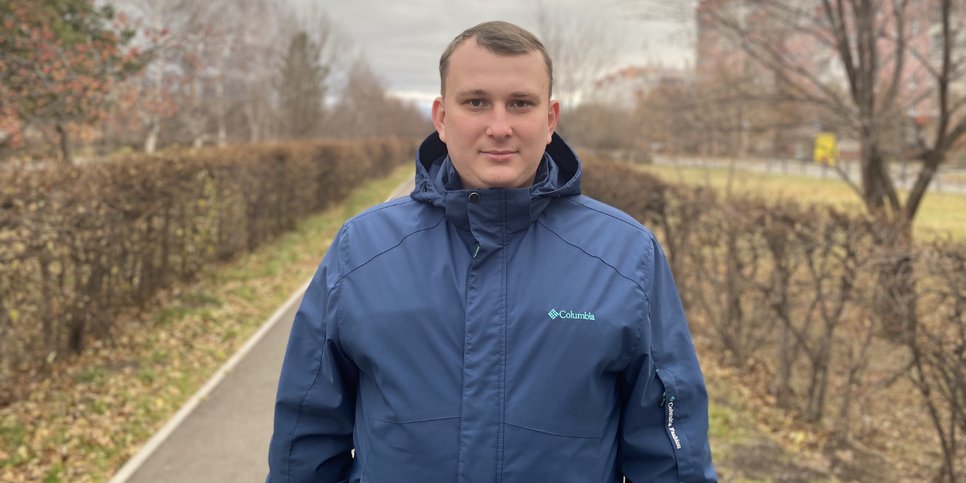Krasnoyarsk Regional Court Confirmed Anton Ostapenko's Sentence: a Six-Year Suspended Sentence for Believing in Jehovah God
Krasnoyarsk TerritoryOn April 7, 2022, the Krasnoyarsk Regional Court did not satisfy the appeal against the sentence of Jehovah's Witness Anton Ostapenko and upheld the sentence of the court of first instance—6 years and 3 months of suspended imprisonment with a probationary period of 4 years and 1.5 years of additional restrictions.
The verdict has entered into force, but Ostapenko considers the charge of organizing the activities of an extremist organization far-fetched and can use the right to appeal the court's decision in cassation.
The 31-year-old believer has never been brought to administrative or criminal liability before. He takes care of his disabled mother. Ostapenko's colleagues at Berezovskaya regional power station know him as a decent person and a responsible worker.
The criminal prosecution of Anton Ostapenko began in April 2019, when mass searches were carried out in the town of Sharypovo in the apartments of citizens suspected of practicing the religion of Jehovah's Witnesses. Ostapenko spent six months in a pre-trial detention center, where, according to him, pressure was put on him. Threats were also made against his family. Due to prolonged stress, the believer's health deteriorated.
Ostapenko's accusation was based on his conversations about the Bible, recorded on a hidden video camera. In the indictment, the believer is charged with the fact that he "carried out an active activity in holding meetings, expressed in public speaking, discussion of biblical scriptures, prayers." Such actions are a common practice for Jehovah's Witnesses around the world.
The persecution of Jehovah's Witnesses in Russia continues despite the clarification of the Plenum of the Russian Supreme Court that liturgical meetings and conversations about the Bible cannot in themselves be considered extremism. Chairman of the Supreme Court Vyacheslav Lebedev additionally stressed on February 9, 2022: “Actions that do not contain signs of extremism and consist solely in exercising the right to freedom of conscience, freedom of religion, including through the performance of religious rites and ceremonies, do not constitute a crime.”

